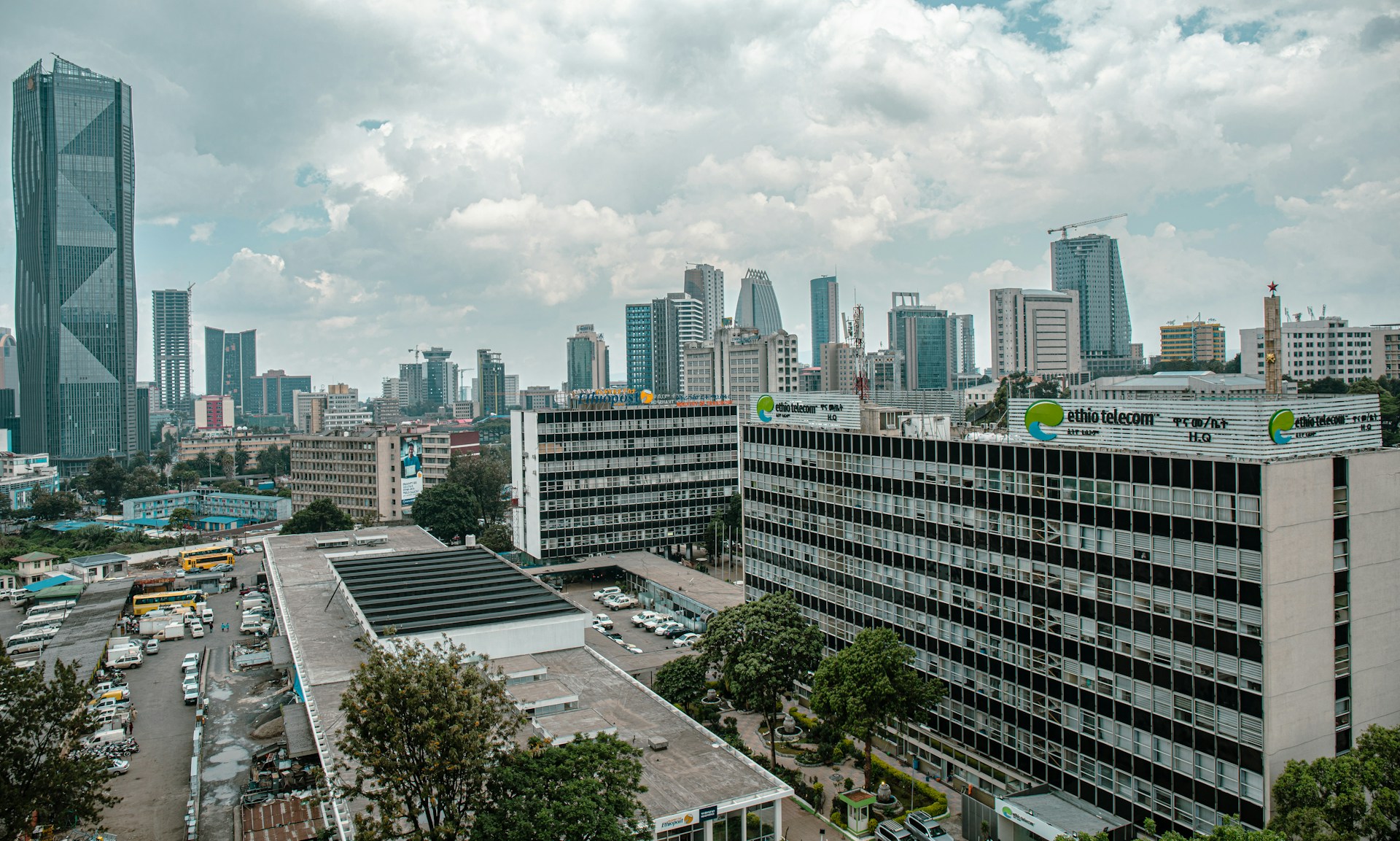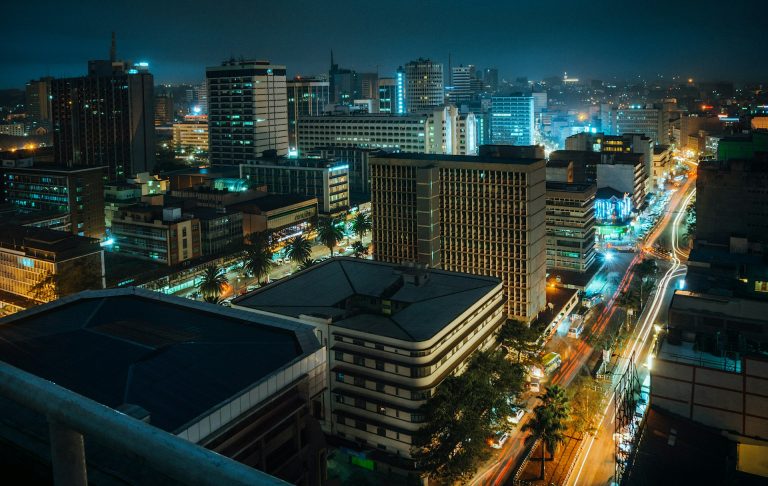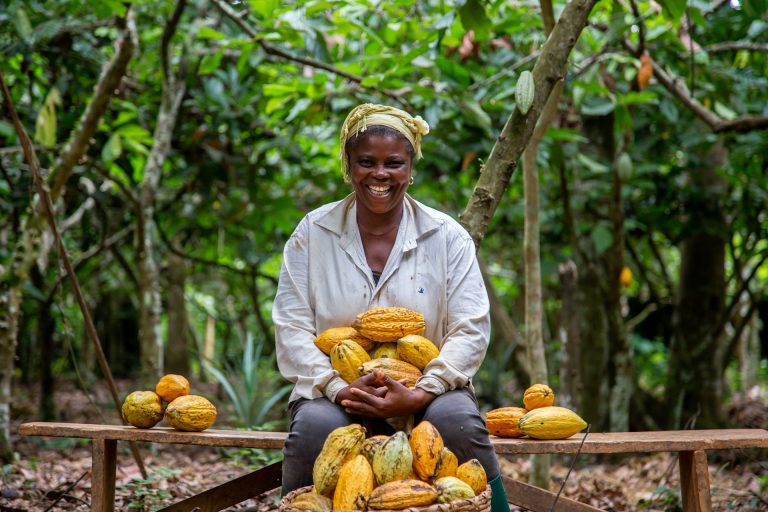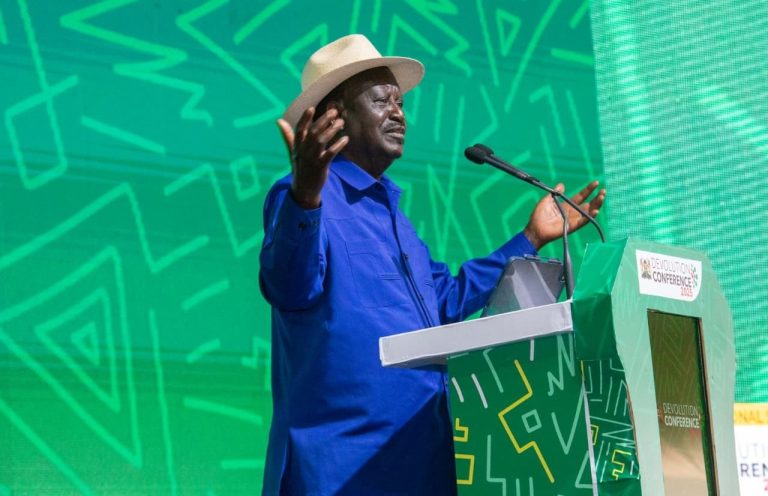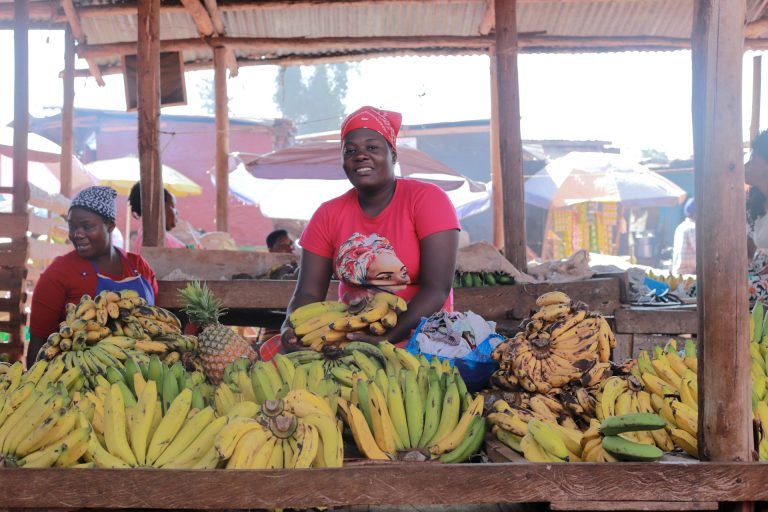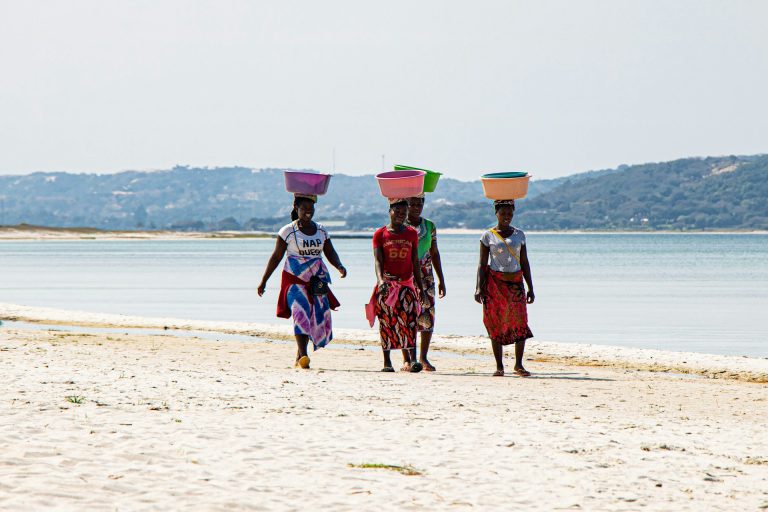- Ethiopia and Denmark sign $238.4m development programme for 2025–2029
- Agreement targets renewable energy, agriculture, and social protection
ADDIS ABABA, ETHIOPIA – Ethiopia and Denmark have signed a $238.4 million bilateral development programme aimed at boosting renewable energy, climate-smart agriculture, and social protection as it seeks to stabilise its economy and accelerate green growth.
The agreement, covering 2025–2029, will channel investments into renewable energy, water and sanitation, education, governance and private sector engagement. Officials said the financing structure blends public funds with private capital to mobilise additional resources.
“Denmark is committed to being a trusted partner in Ethiopia’s sustainable development journey,” a Danish official said after the signing. “This programme not only supports energy and agriculture but also strengthens the foundations for inclusive growth and resilience.”
Focus on energy and resilience
Energy is at the heart of the deal, with projects such as the Assela Wind Farm and the Danish–Ethiopian Energy Partnership (DEEP) set to expand access to reliable power. Ethiopian authorities hope these initiatives will reduce dependence on fossil fuels, ease electricity shortages, and foster industrial growth.
Danish officials said the programme aims to create jobs, strengthen institutions, and improve livelihoods, especially for vulnerable communities. Ethiopian leaders described Denmark’s support as critical for maintaining development momentum amid economic pressures and climate risks.
The package also includes support for safety nets targeting low-income households and funding for climate adaptation in agriculture, part of Ethiopia’s long-term strategy to build resilience.
Wider significance
Analysts say the deal highlights Europe’s efforts to deepen ties with African partners through sustainable growth initiatives, at a time when China, Gulf states, and other emerging players are expanding their footprint on the continent.
“For Ethiopia, the partnership provides not only financial resources but also access to technical expertise and global networks that could accelerate progress in priority sectors,” said economist and writer Adam Hilawe. But he cautioned that “challenges remain, including political instability, high inflation, and limited fiscal space, which could affect program implementation.”
Both governments pledged to closely monitor the projects, stressing measurable outcomes. “The program’s success could help Ethiopia attract further investment and development financing, while Denmark reinforces its role as a leading supporter of green and inclusive growth in Africa,” Hilawe added.
